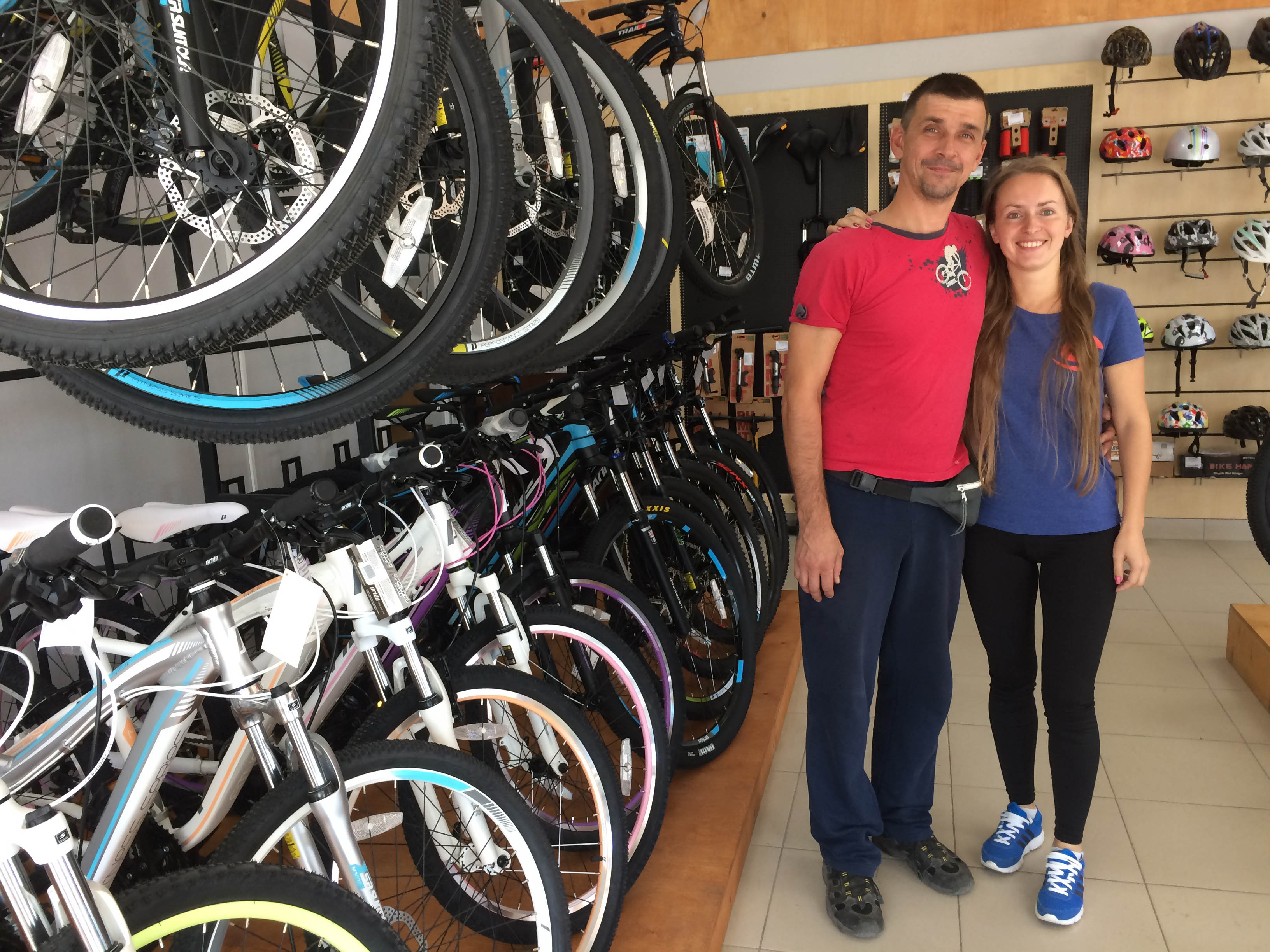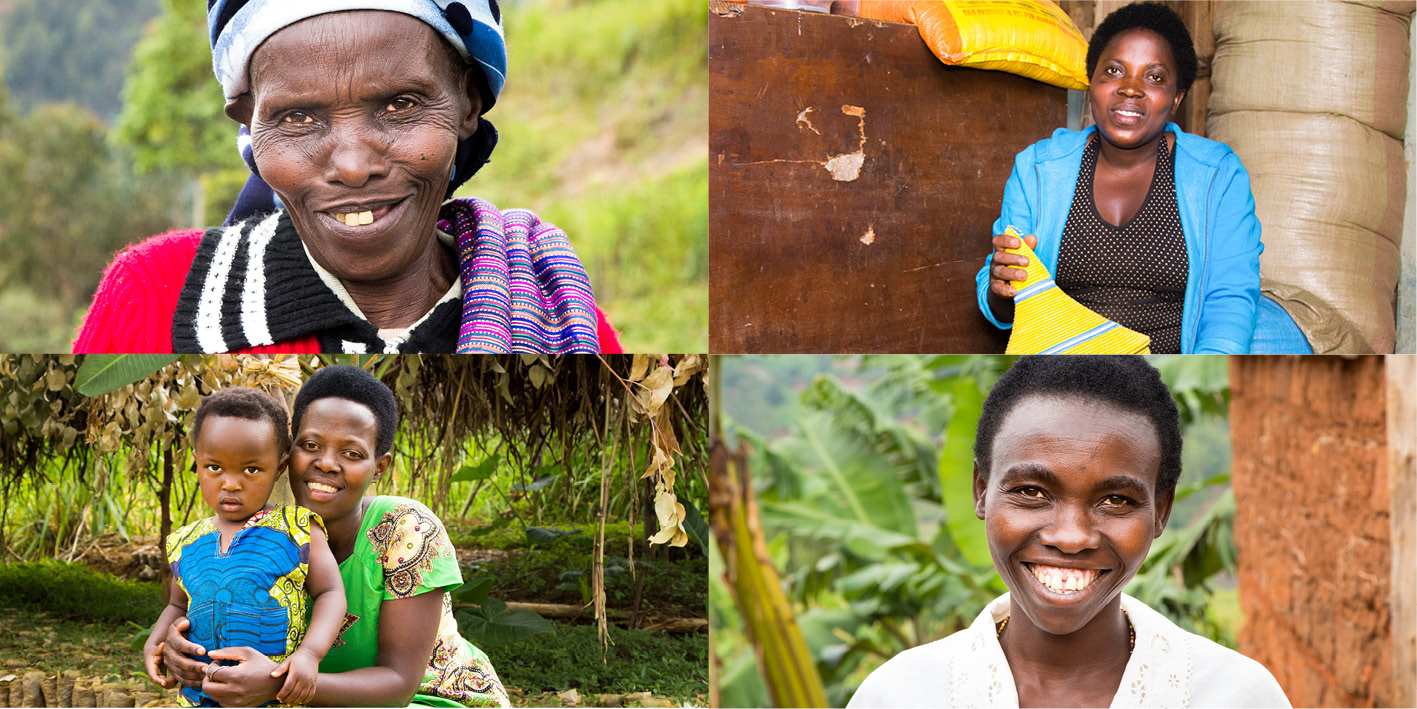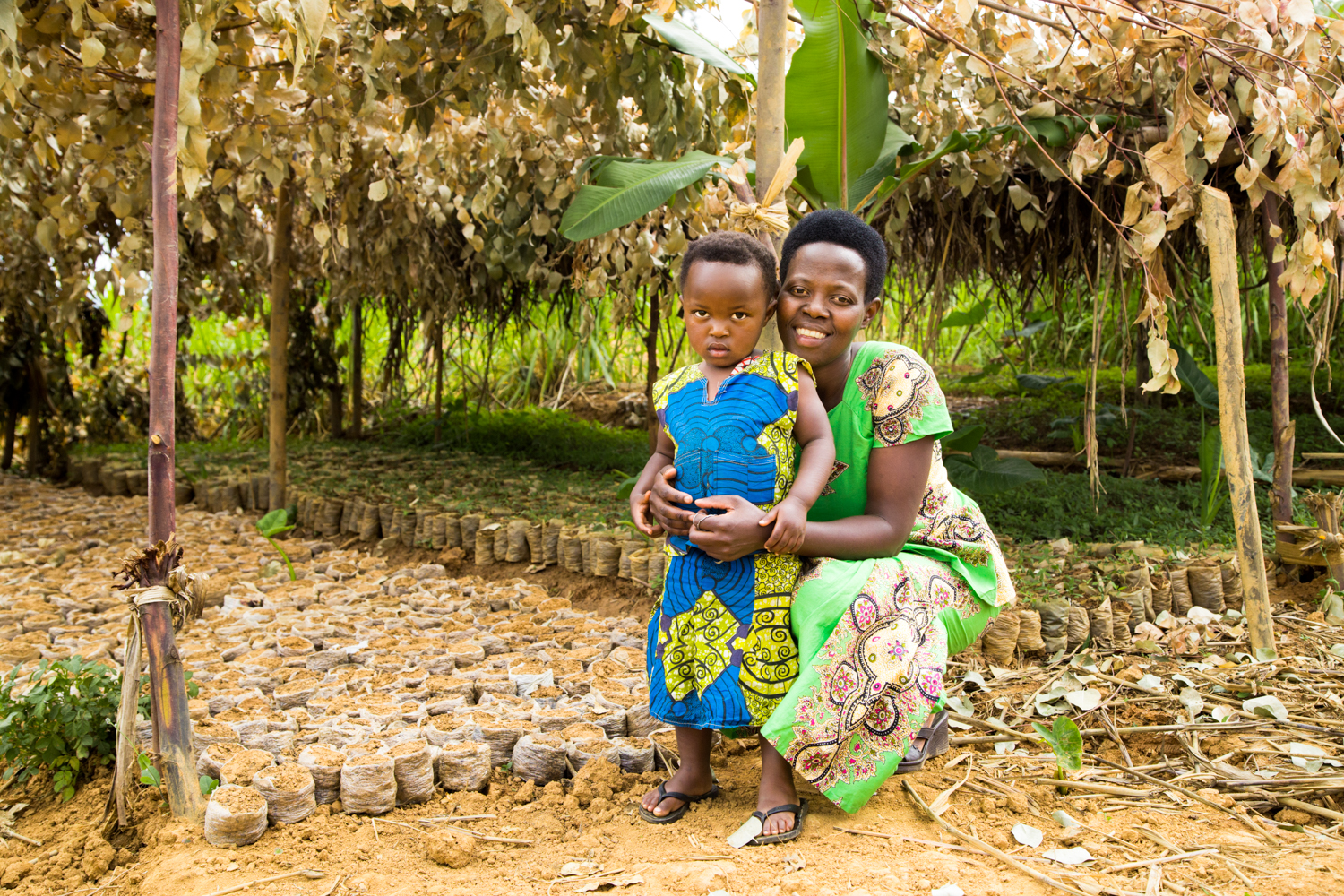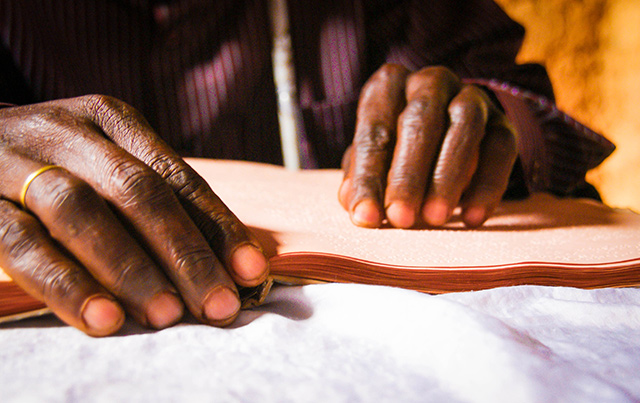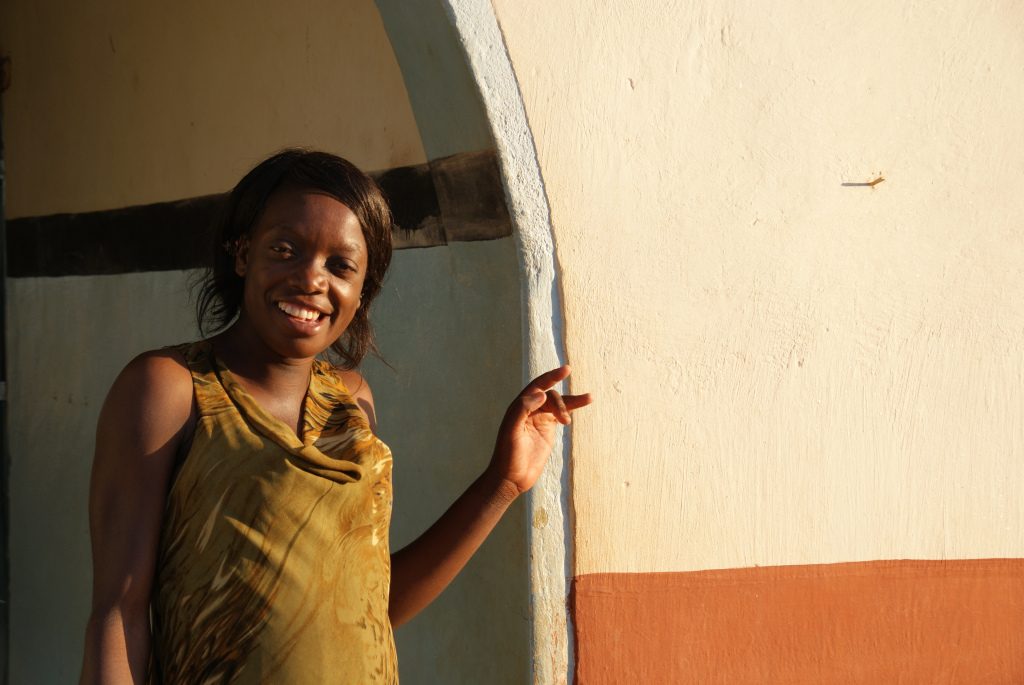by Annie Rose Ansley, HOPE Trips Liaison
Most days, Chrismene makes and sells traditional Dominican snacks and dulces, or sweets. A client of HOPE’s partner in the Dominican Republic, Esperanza International, Chrismene also uses her loans to maintain a side business selling accessories and household goods. Most days, when she makes and sells dulces, this is what her day looks like:
5:00 a.m.
A 45-year-old mother of nine, Chrismene starts every day around 5:00 a.m., when she heads to the largest market in the Santo Domingo province, Mercado Nuevo. The first part of her day is in fact the hardest: since Chrismene’s neighborhood can be dangerous before dawn, she often has to wait for neighbors, wasting valuable time, so they can walk to the main road in a group.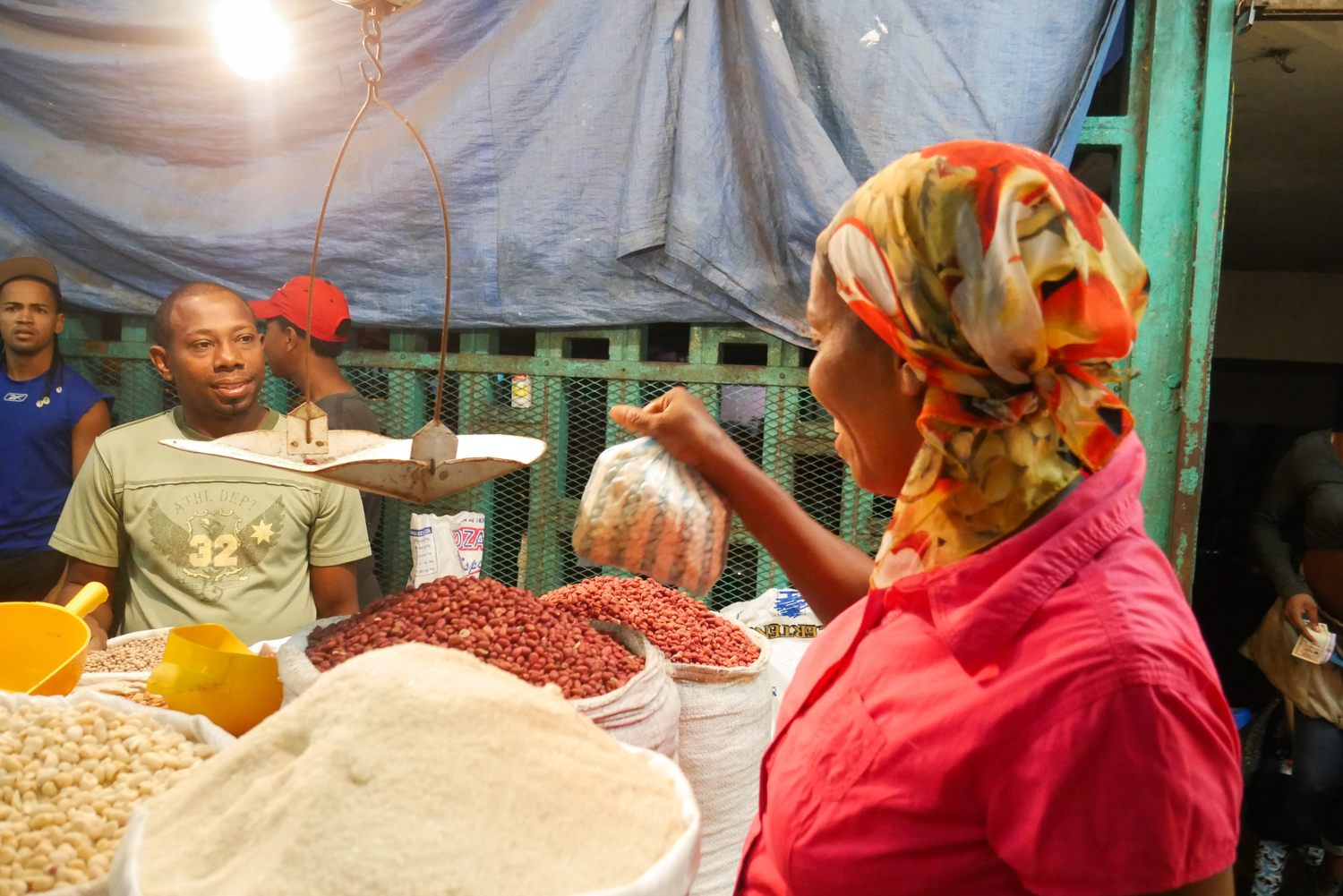
Despite the overwhelming size of the market, Chrismene knows the best stall for each item she needs—coconuts, ginger, sesame seeds, peanuts, sugar, oil. An hour of bargaining, weighing and bagging later, Chrismene departs with her purchases.








